About Us
The pK-12 group at Open Learning formed with a goal of creating meaningful learning experiences for young learners and educators around the world through co-design, capacity building, and impactful work at scale.
We remain dedicated to our vision as it pursues two primary objectives:
Changing the World through learning
Bringing the MIT hands-on, minds-on approach to pK-12 learners and teachers through the development of new technologies, services, and curricula. These range from low-cost laboratory instruments and innovative computing environments to new strategies for connecting learners around the world.
Changing the World
of learning
Advancing understanding of what we know about teaching and learning through a diverse set of research methodologies, from basic cognitive science and neuroscience to design-based research and classroom experiments.
Our Background
MIT has a long and rich tradition of innovation in STEM (Science, Technology, Engineering, and Mathematics) education. The most recent manifestation of this vision is The Future of MIT Education Task Force Report, which documents the ways in which MIT envisions moving forward in the coming years through digital learning opportunities. While the influence of this innovation can be readily seen on campus, this same force has also shaped education off campus. Through classroom technologies, curriculum units, teacher professional development, and learning research, the faculty, staff, and students of MIT have sought to improve STEM education broadly beyond campus, with a special emphasis on pre K-12 learning.
The pK-12 @ Open Learning Group brings MIT’s unique “Mens et Manus”, hands-on and minds-on, learning approach beyond the campus to pre-Kindergarten through grade 12 (pK-12) learners and teachers around the world.
